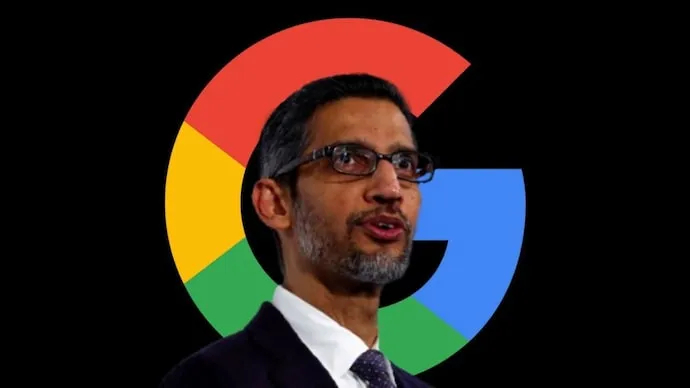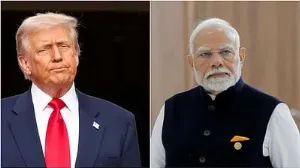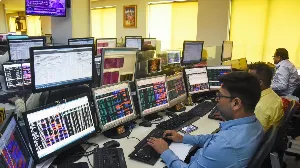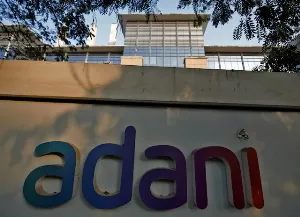Google's Sundar Pichai Warns of Potential AI Bubble Concerns

Sundar Pichai, the Chief Executive Officer of Google, has recently expressed concerns about the rapidly expanding artificial intelligence (AI) sector, suggesting that no company, including Google, would be insulated from the repercussions of a potential bubble burst. In a conversation with the BBC, Pichai described the prevailing enthusiasm around AI as an 'extraordinary moment', yet one that also exhibits 'elements of irrationality'. His comments resonate with the warnings from economists regarding 'irrational exuberance' reminiscent of the late 1990s dot-com bubble.
The current excitement surrounding AI has led to unprecedented valuations and investment within the technology sector, prompting questions about the sustainability of this momentum. Alphabet Inc., Google's parent company, has seen its stock price surge nearly 46% this year, buoyed by investor optimism about its competitive edge against OpenAI's ChatGPT and other emerging rivals.
When questioned about how Alphabet might perform if the AI bubble were to deflate, Pichai remarked, 'I think no company is going to be immune, including us.' He conveyed confidence that Google could manage the fallout from any sudden market correction, but acknowledged that the effects would likely be felt across the entire tech landscape.
The AI surge has begun to make investors and regulators uneasy. In the United States, apprehensions about inflated valuations are beginning to cast shadows over broader financial markets, while UK policymakers have raised alarms about the growing risks of a market bubble. Nonetheless, Pichai maintains that the current boom, while marked by some speculative tendencies, is indicative of a significant technological revolution. He stated, 'This is an extraordinary moment', recognising that despite areas of 'irrationality', the underlying innovation remains substantial.
In a bid to solidify its position in the AI sector, Alphabet recently announced a £5 billion investment over two years to enhance AI infrastructure and research in the United Kingdom. This initiative includes plans for a new data centre and the expansion of DeepMind, its AI research lab based in London. Pichai also disclosed intentions to initiate training models in the UK, aligning with the aspirations of Prime Minister Keir Starmer to establish the nation as the third major AI 'superpower' alongside the United States and China.
However, Pichai acknowledged that this growth carries substantial costs, particularly concerning the energy demands of AI technologies, which could hinder Alphabet's net-zero targets as the company strives to meet escalating computational requirements.
Pichai's caution is echoed by other prominent figures in the technology industry. Sam Altman, the CEO of OpenAI, indicated last August that the sector may already be exhibiting signs of overenthusiasm among investors. He stated, 'Are we in a phase where investors as a whole are overexcited about AI? My answer is yes. Someone is going to lose a phenomenal amount of money. We don’t know who, and a lot of people are going to make a phenomenal amount of money.'
Jeff Bezos, the founder and executive chairman of Amazon, shared a similar perspective during the Italian Tech Week in October, emphasising that heightened excitement often leads to indiscriminate funding of various projects, making it difficult for investors to differentiate between viable and less promising ideas. Bezos remarked that while an industrial bubble may not be as detrimental as a financial one, corrections in the market are inevitable.
As technology giants compete fervently in the AI innovation race, their leaders appear to be united in acknowledging that the current euphoria is not sustainable. Pichai’s warning, alongside those from his peers, serves as a crucial reminder that even the most promising technologies can be overshadowed by the risks associated with inflated expectations.

Trump Claims Role in Halting Conflict Between India and Pakistan

Anmol Bishnoi Detained for 11 Days by NIA Following Deportation

Delhi Suicide Bomber's Video Reveals Radicalisation Insights

Sensex rises 513 points as IT stocks lift Indian markets





